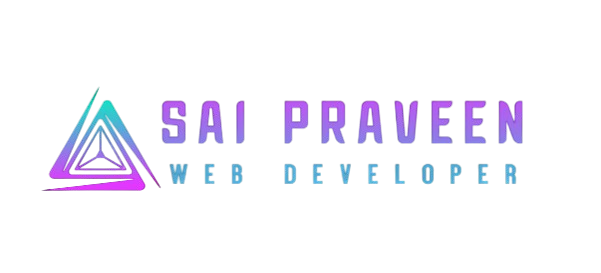Introduction to Laravel
Laravel is a free, open-source PHP web framework intended for the development of web applications following the MVC (Model-View-Controller) architectural pattern. It is known for its elegant syntax, robust features, and developer-friendly tools.
Key Features
- MVC Architecture
- Routing and Middleware
- Blade Templating Engine
- Eloquent ORM (Object-Relational Mapping)
- Authentication & Authorization
- Task Scheduling & Queues
- Testing & Debugging Tools
- RESTful Controllers & Resource Routing
Installation
Laravel can be installed using Composer, a PHP dependency manager. Here's how to install Laravel:
composer create-project --prefer-dist laravel/laravel blog
Or, you can use the Laravel installer:
composer global require laravel/installer
laravel new blog
Routing
Routes define the URLs your application should respond to and the logic to execute when those URLs are accessed.
Route::get('/', function () {
return view('welcome');
});
Routes are defined in routes/web.php for web routes and routes/api.php for API routes.
Controllers
Controllers group related request handling logic into a single class. You can generate a controller using Artisan:
php artisan make:controller UserController
class UserController extends Controller
{
public function index()
{
return view('users.index');
}
}
Models
Models represent database tables and allow you to interact with your data. Generate a model using:
php artisan make:model Post
class Post extends Model
{
// Table, fillable, relationships, etc.
}
Middleware
Middleware provides a convenient mechanism for filtering HTTP requests entering your application (e.g., authentication, logging).
php artisan make:middleware CheckAge
public function handle($request, Closure $next)
{
if ($request->age <= 18) {
return redirect('home');
}
return $next($request);
}
Authentication
Laravel provides a simple way to implement authentication. You can scaffold authentication using:
composer require laravel/ui
php artisan ui vue --auth
Or use Laravel Breeze, Jetstream, or Fortify for more advanced authentication features.
Eloquent ORM
Eloquent is Laravel's built-in ORM, providing a beautiful, simple ActiveRecord implementation for working with your database.
// Retrieve all posts
$posts = Post::all();
// Find a post by ID
$post = Post::find(1);
// Create a new post
Post::create(['title' => 'New Post', 'body' => 'Content']);
Database
Laravel supports multiple database systems (MySQL, PostgreSQL, SQLite, SQL Server) and provides a fluent query builder and schema builder.
// Query Builder Example
$users = DB::table('users')->where('active', 1)->get();
php artisan migrate
Use migrations to manage your database schema.
Other Features
- Task Scheduling: Automate tasks using Laravel's scheduler.
- Queues: Defer time-consuming tasks for later processing.
- Testing: Built-in support for PHPUnit and feature testing.
- Events & Listeners: Build event-driven applications.
- Notifications & Mail: Send notifications via email, SMS, Slack, etc.
